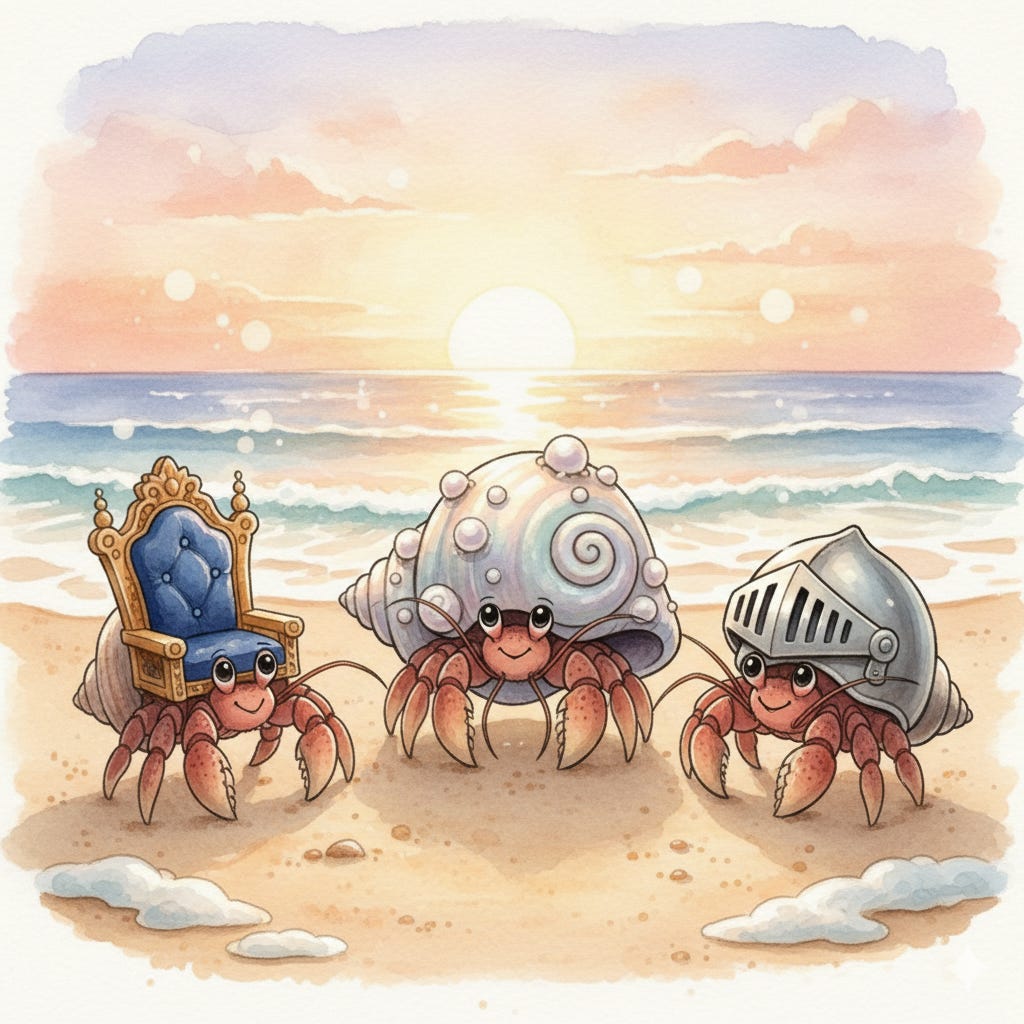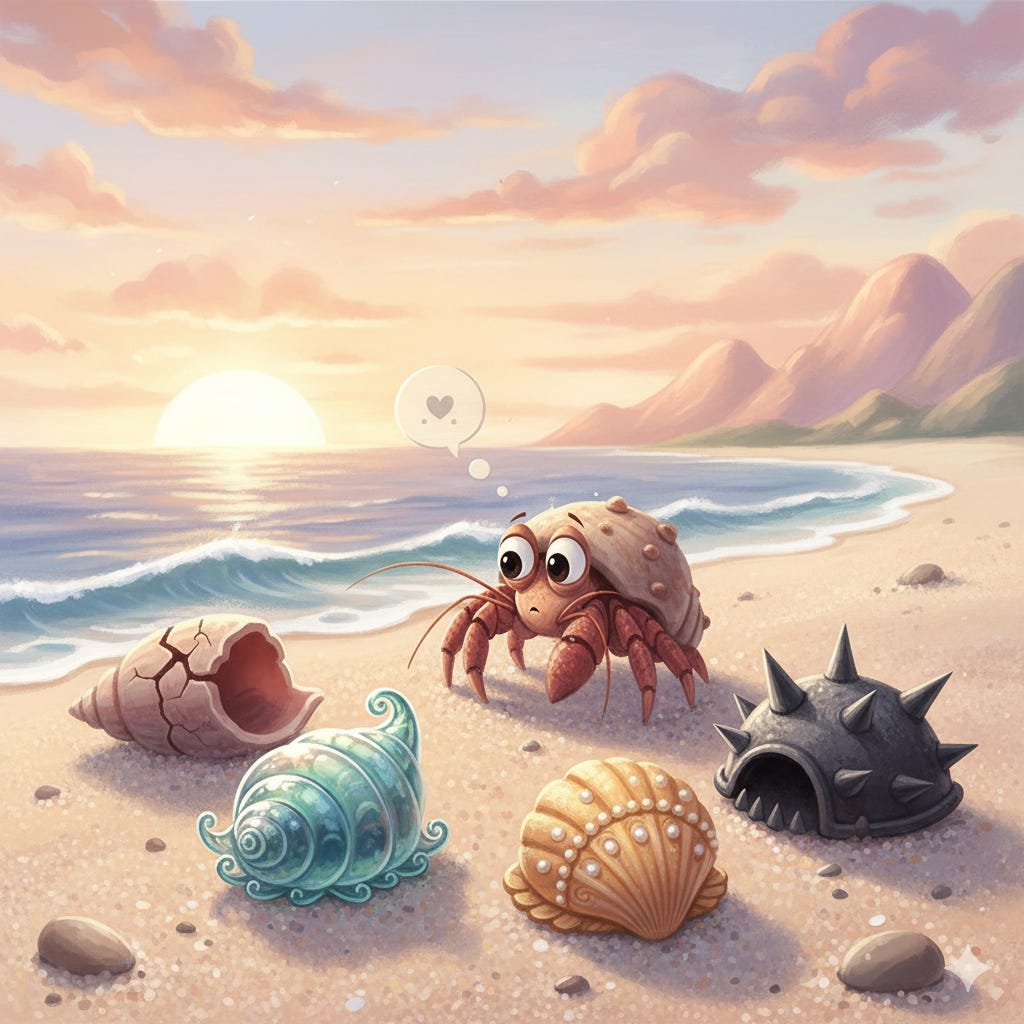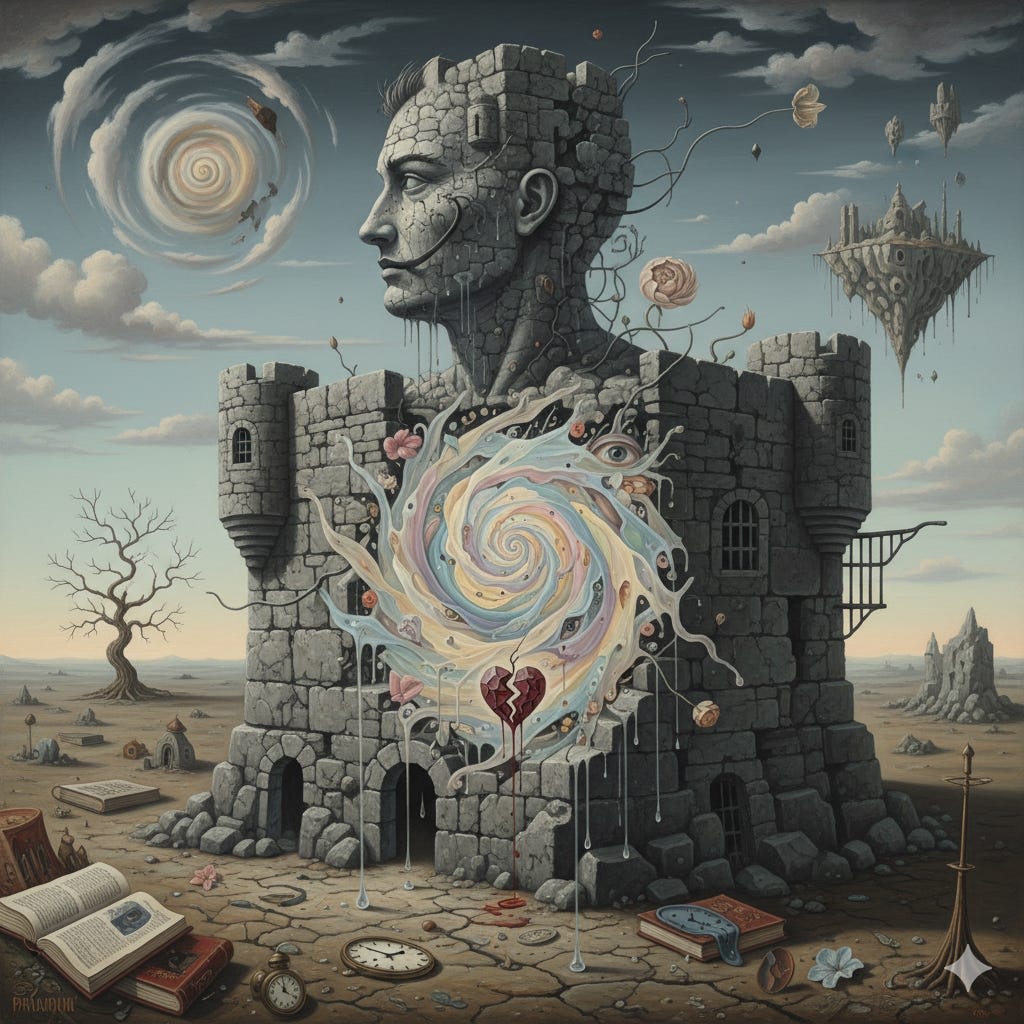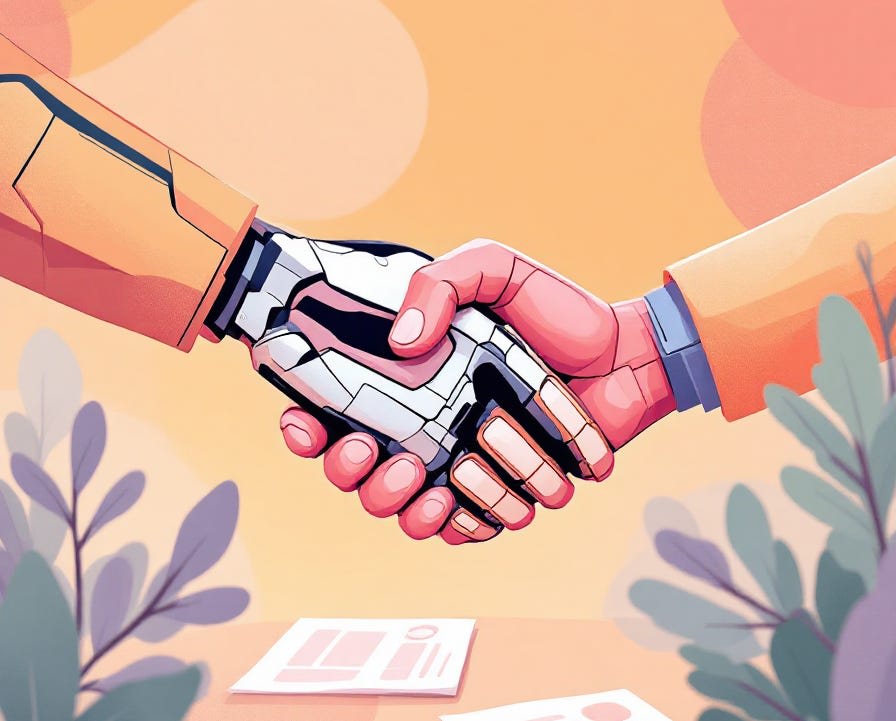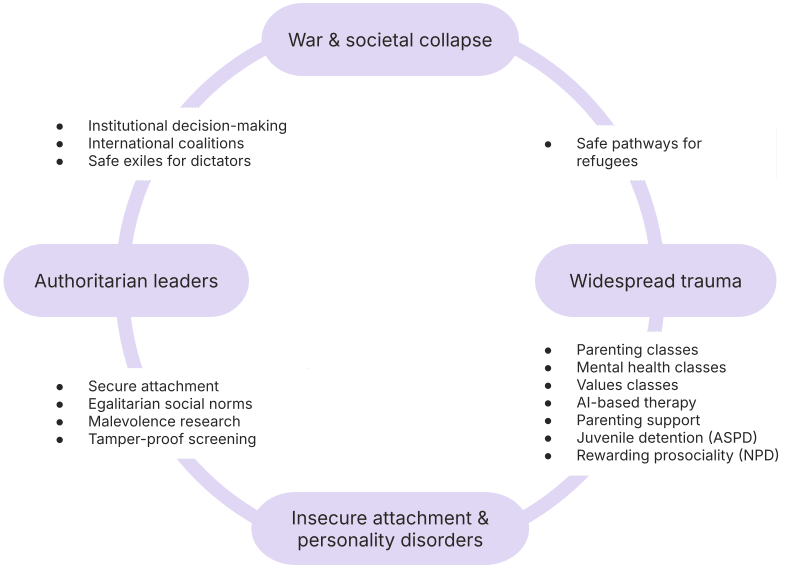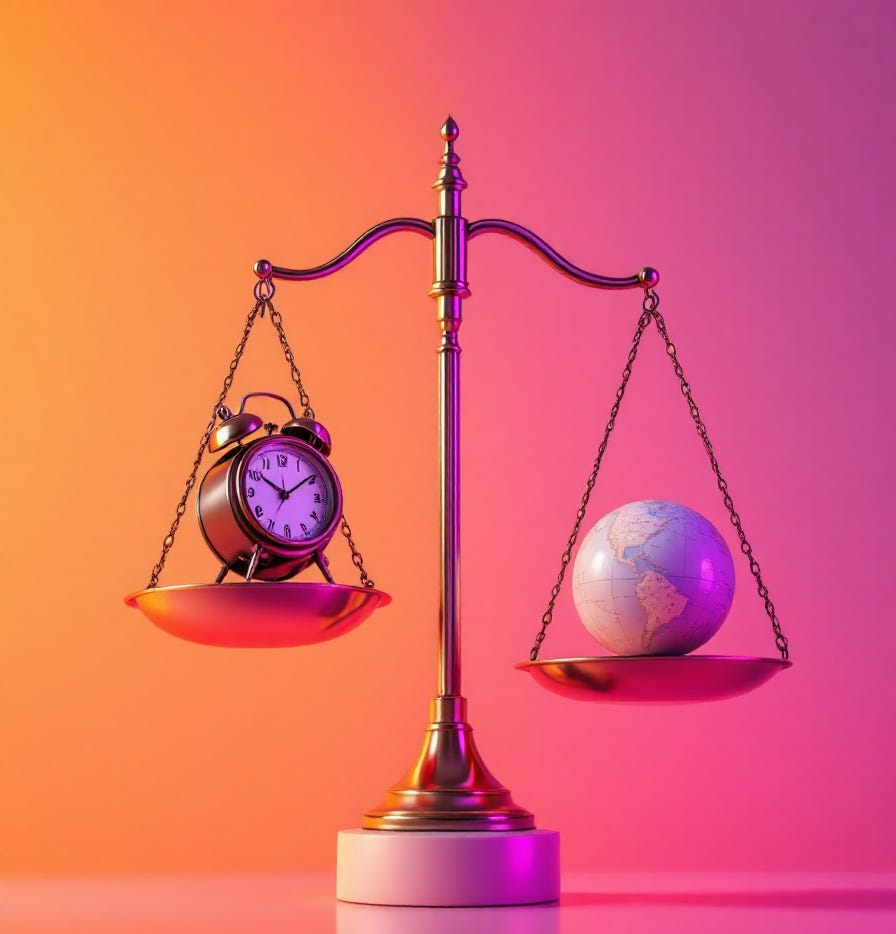Why are we so complacent about AI hell?
In my mind, interventions against s-risks from AI seem like the impartial[1] top priority of our time, being more tractable[2], important[3], and neglected[4] than alignment. Hence I’m surprised that they’re not as central as alignment to discussions of AI safety. This is a quick-and-dirty post to try to understand why so few people in the wider EA and AI safety community prioritize s-risks. (It’s a long-form version of this tweet.) I’ll post a few answers of my own and, in some cases, add why I don’t think they are true. Please vote on the answers that you think apply or add your own. I don’t expect to reach many people with this question, so please interpret the question as “Why do so few EAs/LWians care about s-risks from AI?” and not just “Why don’t you care about s-risks from AI?” So as a corollary, please feel free to respond even if you personally do care about s-risks! (Here are some ways to learn more: “Coordination Challenges for Preventing AI Conflict,” “Cooperation, Conflict, and Transformative Artificial Intelligence: A Research Agenda,” and Avoiding the Worst (and s-risks.org).) 1. ^ Some people have a particular idea for how to solve alignment and so have a strong personal fit for alignment research. Thank you for everything you’re doing! Please continue. This post is not for you. But many others seem resigned, seem to have given up hope in affecting how it all will play out. I don’t think that’s necessary! 2. ^ Tractability. With alignment we always try to align an AI with something that at least vaguely or indirectly resembles human values. So we’ll make an enemy of most of the space of possible values. We’re in an adversarial game that we’re almost sure to lose. Our only winning hand is that we’re early compared to the other agents, but just by a decade or two. Maybe it’s just my agreeableness bias speaking, but I don’t want to be in an adversarial game with most superintelligences. Sounds hopeless. That’s
